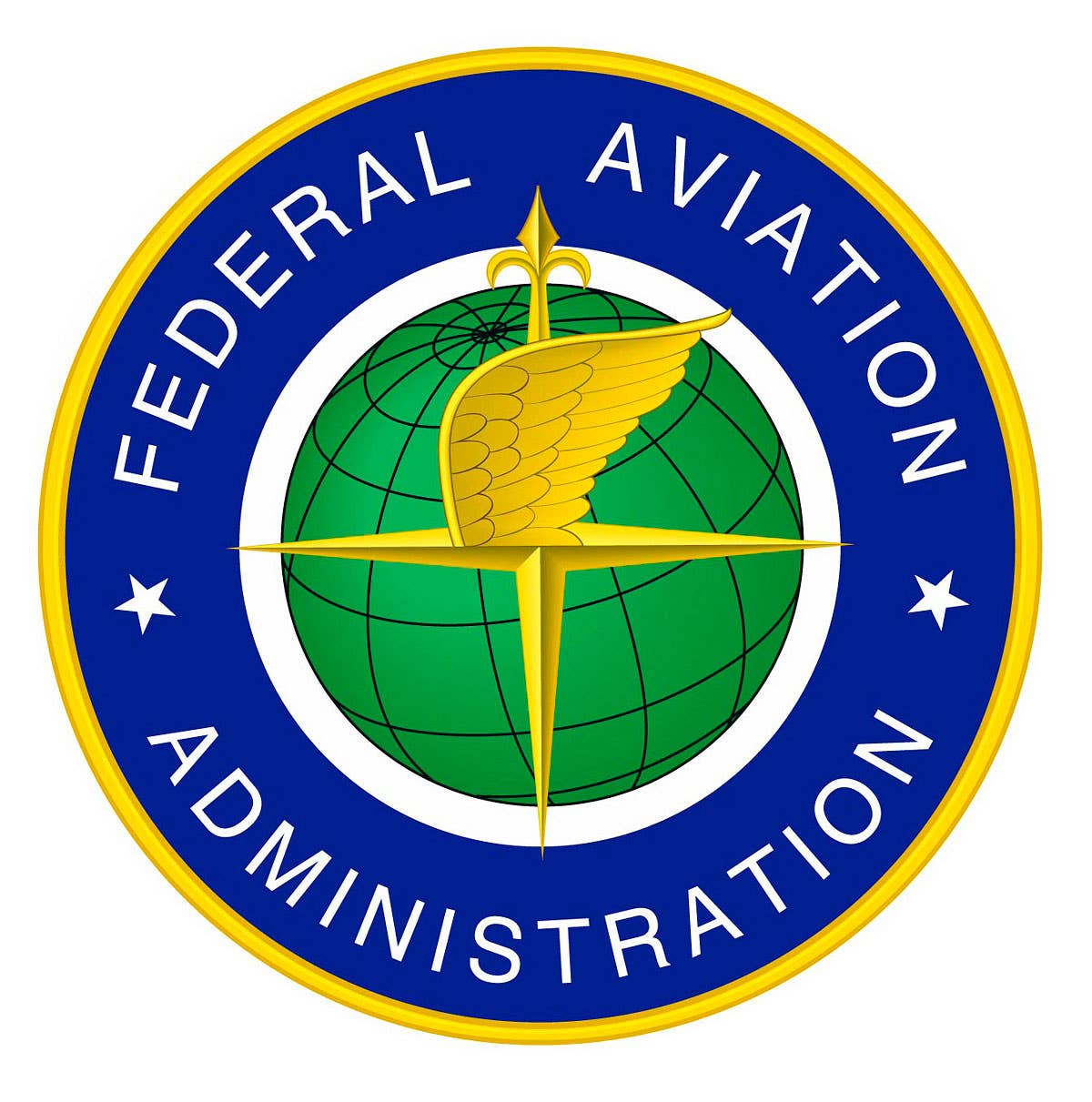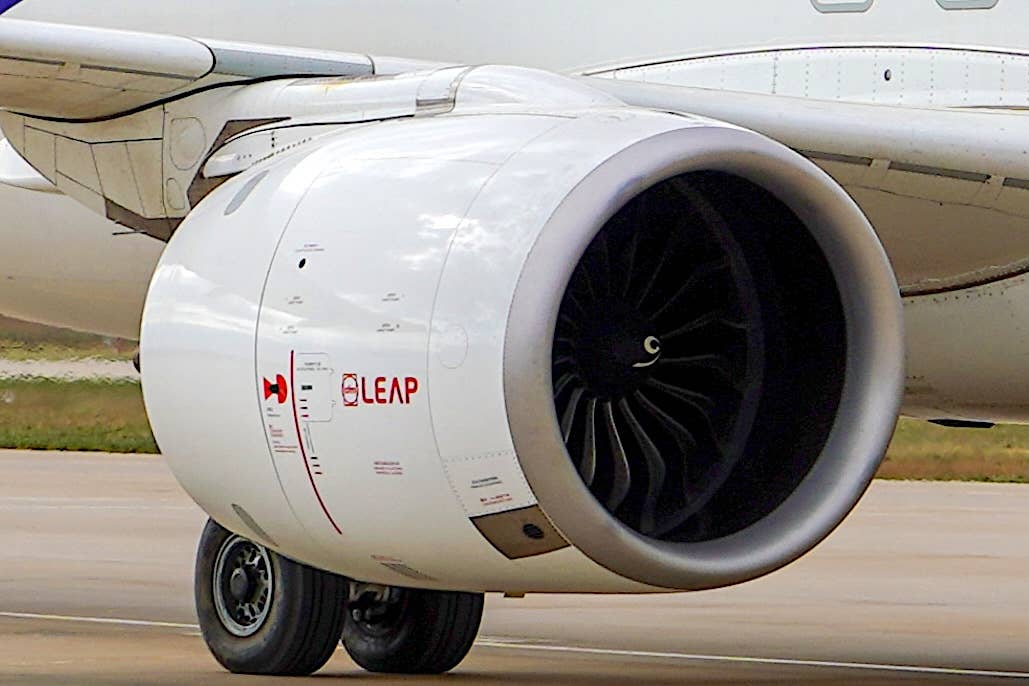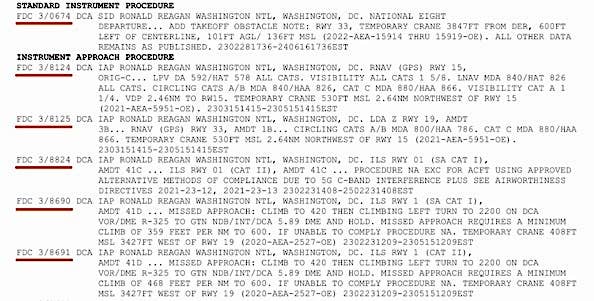FAA Wants To Close Airline/Charter Loophole
The FAA says it intends to close a regulatory loophole that allows non-ATP commercial pilots as crew on passenger flights that are “essentially indistinguishable” from regular airline flights. The rule,…

The FAA says it intends to close a regulatory loophole that allows non-ATP commercial pilots as crew on passenger flights that are "essentially indistinguishable" from regular airline flights. The rule, 14 CFR Part 380, allows Part 135 charter operations to conduct flights that take advance bookings and fly scheduled routes as long as the aircraft used have no more than 30 passenger seats. Some airlines are taking advantage of the rule by contracting with charter companies to serve smaller markets in aircraft with all the trappings of regular airliners. Pilots who fly Part 135 need a commercial ticket with a minimum of 250 flight hours rather than the ATP and 1,500 required for Part 121 airline operations. The agency said it's been watching the growth of such operations over the last 10 years and believes it's now time to curtail the practice out of safety concerns. It's filed a Notice of Intent to start a rulemaking process.
"Specifically, the size, scope, frequency, and complexity of charter operations conducted as 'on-demand' operations under the part 135 operating rules has grown significantly over the past 10 years," the Notice of Intent reads. "While the FAA has adjusted its oversight of these increased operations, the FAA is considering whether a regulatory change may be appropriate to ensure the management of the level of safety necessary for those operations." The agency says it wants to invite comments on the new proposed rule because it will fundamentally change the way some operators do business. "Were FAA to amend its regulatory framework, some operators conducting public charter operations would need to transition from operating under part 135 to part 121." The new proposed rule has not yet been put on the Federal Register but when it appears a public comment period will be set.
One of the factors to be considered is that this type of arrangement is commonly used on federally subsidized unprofitable routes to small and isolated communities. Because of a shortage of pilots, particularly captains, among regional carriers, service has been reduced or cut to hundreds of smaller markets.






